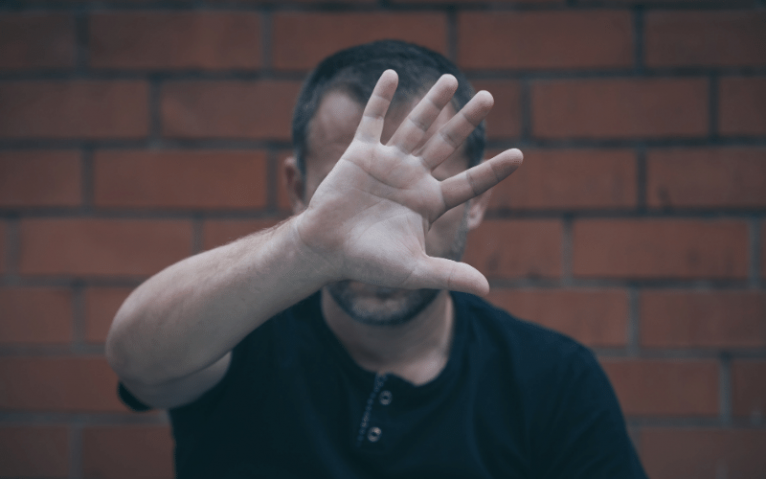The feeling of shame occurs even before we’re able to comprehend what it means. Shame can begin when we’re about two years old. But, the vicious cycle of shame and addiction can be a life-threatening issue in recovery.
The Concept of Perfection
When we’re children, we have this concept that our parents are perfect. Even when you don’t have ideal parents, you still believe they’re perfect. So, when something happens that’s deemed harmful, we think there’s something fundamentally wrong with us, the child.
From an early age, we start building this shame. The idea that we’re not perfect and that somehow we’re flawed.
How Shame Fuels Addiction
Many believe addiction and shame are tightly connected. Some even say shame is at the very heart of drug addiction. Like addiction can be isolating, shame makes us feel we’re different. We associate ourselves with anger, rage, and feelings of worthlessness.
But shame can affect more than our mental health. We might show signs of physical weakness; we struggle with stuttering and unable to contact others. Those struggling with shame might even change their posture to appear smaller and less harmful to others.
All of these feelings can trigger the tendency to use drugs as an escape. Even still, shame will likely continue throughout the addiction and well into recovery.
What Triggers Shame?
Shame is a heartrending emotion that often responds to a sense of failure. There are many triggers of shame that we often don’t recognize at first.
For example, if a group of family members shares their opinions about something, and one is presented as unfavorable, that person may internalize only the negative aspects of this conversation. This is relatively common for those that already struggle with shame and lack self-esteem.
Other factors that contribute to shame include self-awareness, self-blame, idealistic standards of life, personal traits or self-consciousness, and an overall lack of self-esteem. As you can see, shame is a highly personal struggle that we create for ourselves.
Breaking the Cycle of Shame and Addiction
Healing from shame doesn’t happen overnight, but it can happen. With the right support groups by your side, you can start working on your mental health and fade away those feelings of inadequacy, the sense of unworthiness, and the depression or hopelessness that shame makes you feel.
Remember That Everyone Experiences Shame
A lot of addicts come from dysfunctional families who struggle with shame in their unique ways. Families that struggle with substance abuse, mental illness, sexual abuse, and more often deal with shame. We all experience shame in one way or another as it’s a feeling often triggered by our personal experiences.
Finding Support Groups
Most people are surprised to know that they’re not alone in their struggles with shame. Those who turn to drugs and eventually find themselves at addiction treatment are shocked to feel the sense of support in most group settings. Since shame and addiction are so linked together, most recovering addicts can relate to the struggle.
Express Your Feelings
A considerable element of addiction recovery is learning how to express your feelings. When it comes to shame, some people can pinpoint when their struggle with shame started. It all starts with identifying the root cause, then expressing how it affects us.
Consider starting a journal and expressing your feelings without any filters or restrictions. Writing down what causes you specific feelings can free you up from the weight. Others find meditation, yoga, and talking to a therapist helps to express their feelings healthily.
Moving to Recovery
Don’t let shame get in the way of your recovery. If you’re in addiction recovery, remember healing from shame and treating your substance abuse is possible. Remember, we don’t get better if we keep shame inside. When we don’t express our feelings, it can be easy to let them take over. Eventually, you might even struggle with physical signs of stress, holding you back.
If you or someone you know is struggling in their addiction recovery, speak up. At Lighthouse Recovery Institute, our aftercare programs can offer the support you need to continue your progress. Take the first step to leave shame behind and start living your life to its fullest potential.









